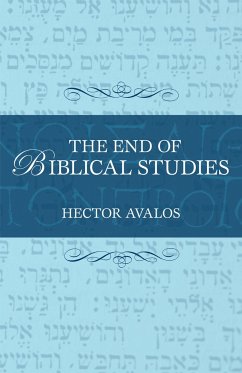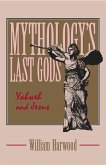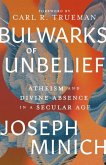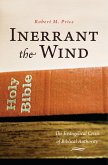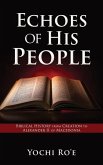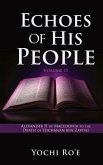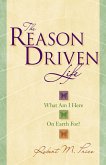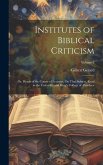Dividing his study into two parts, Avalos first examines the principal sub-disciplines of biblical studies (textual criticism, archaeology, historical criticism, literary criticism, biblical theology, and translations) in order to show how these fields are still influenced by religiously motivated agendas despite claims to independence from religious premises. In the second part, he focuses on the infrastructure that supports academic biblical studies to maintain the value of the profession and the Bible. This infrastructure includes academia (public and private universities and colleges), churches, the media-publishing complex, and professional organisations such as the Society of Biblical Literature. In a controversial conclusion, Avalos argues that our world is best served by leaving the Bible as a relic of an ancient civilisation instead of the "living" document most religionist scholars believe it should be. He urges his colleagues to concentrate on educating the broader society to recognise the irrelevance and even violent effects of the Bible in modern life.
In this radical critique of his own academic specialty, biblical scholar Hector Avalos calls for an end to biblical studies. He outlines two main arguments for this surprising conclusion. First, academic biblical scholarship has clearly succeeded in showing that the ancient civilization that produced the Bible held beliefs about the origin, nature, and purpose of the world and humanity that are fundamentally opposed to the views of modern society. The Bible is thus largely irrelevant to the needs and concerns of contemporary human beings. Second, Avalos criticizes his colleagues for applying a variety of flawed and specious techniques aimed at maintaining the illusion that the Bible is still relevant in today's world. In effect, he accuses his profession of being more concerned about its self-preservation than about giving an honest account of its own findings to the general public and faith communities. In a controversial conclusion, Avalos argues that our world is best served by leaving the Bible as a relic of an ancient civilization instead of the "living" document most religionist scholars believe it should be. He urges his colleagues to concentrate on educating the broader society to recognize the irrelevance and even violent effects of the Bible in modern life.
Hinweis: Dieser Artikel kann nur an eine deutsche Lieferadresse ausgeliefert werden.
In this radical critique of his own academic specialty, biblical scholar Hector Avalos calls for an end to biblical studies. He outlines two main arguments for this surprising conclusion. First, academic biblical scholarship has clearly succeeded in showing that the ancient civilization that produced the Bible held beliefs about the origin, nature, and purpose of the world and humanity that are fundamentally opposed to the views of modern society. The Bible is thus largely irrelevant to the needs and concerns of contemporary human beings. Second, Avalos criticizes his colleagues for applying a variety of flawed and specious techniques aimed at maintaining the illusion that the Bible is still relevant in today's world. In effect, he accuses his profession of being more concerned about its self-preservation than about giving an honest account of its own findings to the general public and faith communities. In a controversial conclusion, Avalos argues that our world is best served by leaving the Bible as a relic of an ancient civilization instead of the "living" document most religionist scholars believe it should be. He urges his colleagues to concentrate on educating the broader society to recognize the irrelevance and even violent effects of the Bible in modern life.
Hinweis: Dieser Artikel kann nur an eine deutsche Lieferadresse ausgeliefert werden.

